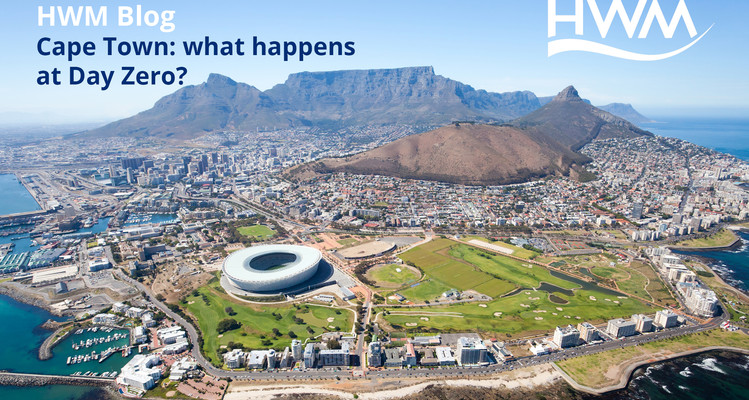
The 4.3 million people living in Cape Town, the second most populated city in South Africa (and the 10th most populated in the whole continent) have, for the time being at least, staved off an impending crisis – Day Zero.
What is Day Zero?
Day zero is the day the municipal water supply will be shut down. If this happens, Cape Town will be the world’s first major city to run out of water.
The trigger for day zero, the closing of the city’s water supply, is when the amount of water in the reservoirs that service Cape Town drops below 13.5% of their total capacity.
What happens at Day Zero?
Should Day Zero occur, most of the city’s water supply will be switched off. Hospitals and emergency services will still be provided with water, but the approximately one million homes in Cape Town will have their mains water disconnected.
Around 200 water collection points will be set up and residents will be limited to 25 litres of water per person per day.
Why is there a water shortage?
Three years of drought, low rainfall and hotter than average summers are the primary cause of the water shortage in Cape Town.
As well as climate change, factors such as the growth of the city’s population (from 2.4m residents in 1995 to 4.3m residents in 2018) and a lack of investment in cultivating natural spring water and water recycling have exacerbated the problem.
Can Day Zero be averted?
Day Zero isn’t a foregone conclusion and it can be avoided. In January 2018, when the concept of Day Zero became a reality, it was scheduled to occur on 22nd April.
Massive efforts from local authorities and Capetonians to reduce their water consumption, including limiting residents to just 50 litres of water a day, has seen that date move to 11th May, then 4th June and then 9th July.
Currently scheduled for 2019, the imminent threat of Day Zero has been lifted, but the people of Cape Town are not yet in a position to relax. Higher than average rainfall during May-July is expected, but residents are still living with water rationing and will continue to do so for the foreseeable future.
Could this happen anywhere else?
A recent BBC article listed 11 cities around the world, including Moscow, Beijing, Miami and London where water shortages could become an issue in future.
Each of these cities has their own unique challenges. London, the article explains, draws 80% of its water from rivers, has a water waste rate of approximately 25% and “according to the Greater London Authority, is pushing close to capacity and is likely to have supply problems by 2025 and ‘serious shortages’ by 2040”.
When the well runs dry…
Benjamin Franklin once said that “when the well runs dry, we learn the worth of water".
For the people of Cape Town, that lesson is already very real. Without investment in water recycling and action to reduce water wastage, it could become a painful lesson for many more in the not too distant future.